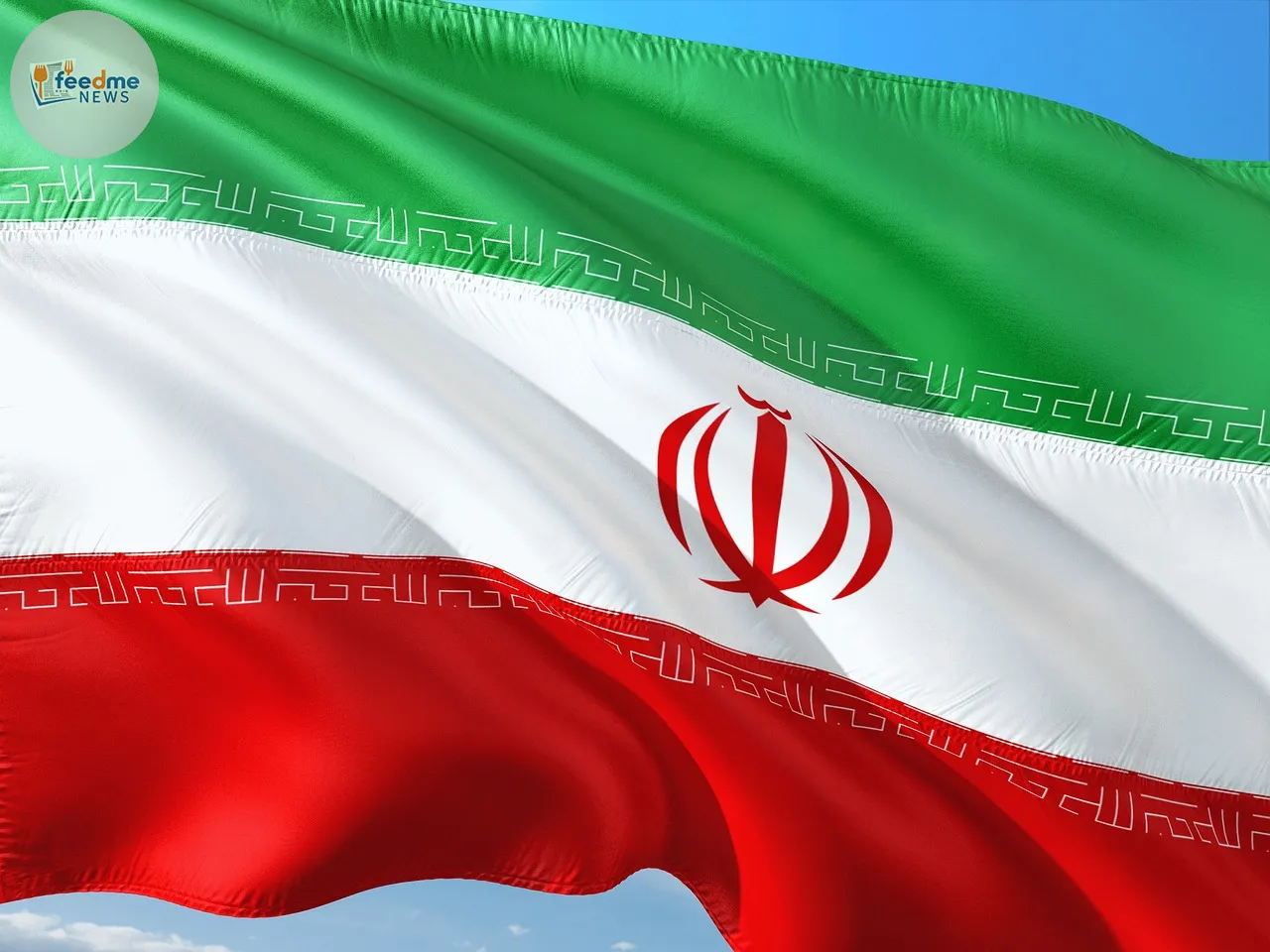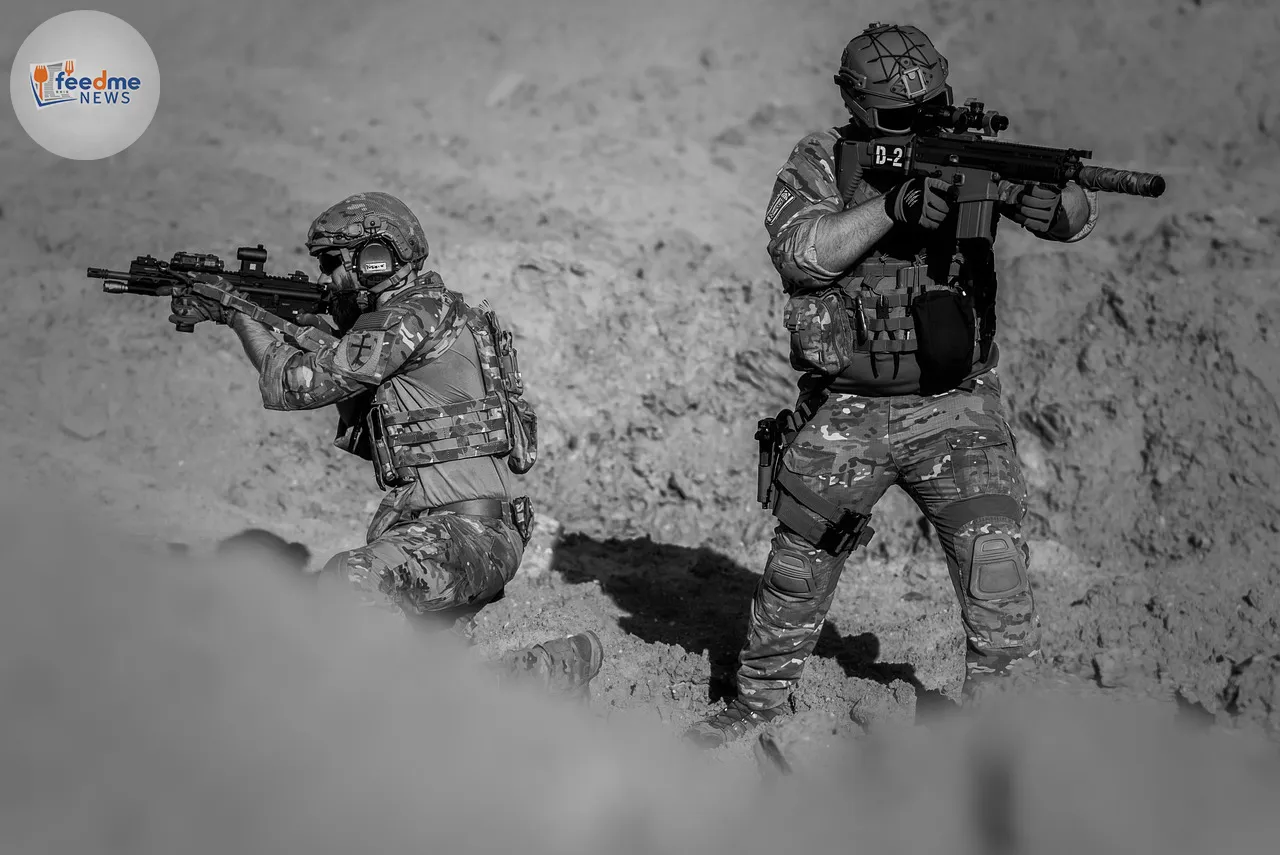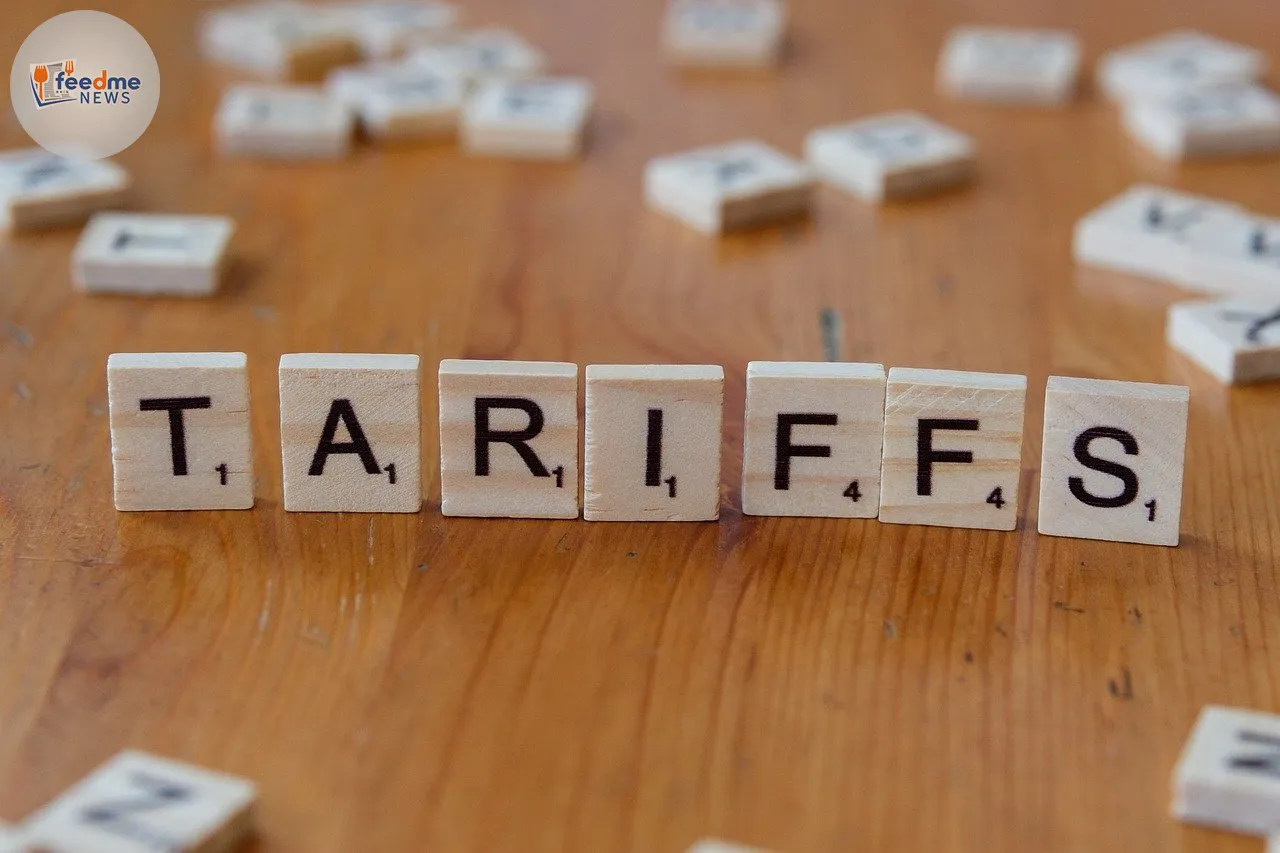Iran’s Foreign Minister Abbas Araqchi has expressed cautious optimism about reaching a nuclear agreement with the United States, contingent on Washington’s willingness to make realistic demands. As the two nations prepare for crucial negotiations in Rome this Saturday, the stakes remain high. The indirect talks, facilitated by mediators from Oman, follow an initial round in Muscat that both parties described as constructive.
The discussions in Rome come at a pivotal time for international diplomacy, as both Iran and the US seek to navigate complex geopolitical landscapes. The outcome of these talks could significantly influence global security and economic stability, with far-reaching implications for both nations.

Renewed Efforts in Rome
The decision to meet in Rome underscores the urgency of the situation. Scheduled for Saturday, these talks aim to build on the progress made in Muscat. By choosing a neutral location, both parties signal a commitment to diplomacy over discord. The involvement of Omani mediators, known for their impartiality, adds a layer of credibility and hope for a successful outcome.
Iranian Foreign Minister Abbas Araqchi has been clear about Iran’s position. “We are open to constructive dialogue, but it is essential that the US approaches these talks with realistic expectations,” he stated. The US envoy, Steve Witkoff, echoed this sentiment, highlighting the importance of mutual respect and understanding in achieving a breakthrough.
Historical Context and Challenges
The nuclear negotiations between Iran and the US have a complex history, marked by periods of tension and rapprochement. The 2015 Joint Comprehensive Plan of Action (JCPOA) was a significant milestone, but the US withdrawal in 2018 under the Trump administration set back diplomatic efforts. Since then, both countries have navigated a challenging path to re-engagement.
Experts note that the current talks present both opportunities and challenges. “The key is finding common ground while addressing the concerns of both sides,” says Dr. Sarah Ahmed, a Middle East policy analyst. “The role of mediators is crucial in bridging the gaps and fostering an environment conducive to agreement.”
Key Issues at Stake
Several critical issues are on the table as Iran and the US engage in dialogue. Central to the discussions is Iran’s nuclear enrichment programme, which has been a point of contention for years. The US seeks assurances that Iran will limit its nuclear activities in exchange for the lifting of economic sanctions.
Economic sanctions have had a profound impact on Iran’s economy, affecting everything from oil exports to financial transactions. Iran’s leadership is keenly aware of the domestic pressure to alleviate these sanctions, making a resolution to the nuclear issue even more pressing.
Expert Opinions and Analysis
Analysts remain cautiously optimistic about the potential outcomes of the Rome talks. “Both sides have shown a willingness to engage, which is a positive sign,” says Dr. Mark Thompson, a senior fellow at the International Institute for Strategic Studies. “However, the devil is in the details, and reaching a consensus will require significant concessions from both parties.”
The involvement of Oman as a mediator is also seen as a strategic advantage. Known for its diplomatic neutrality, Oman has successfully facilitated dialogues in past regional conflicts. This track record provides a glimmer of hope that these talks might yield tangible results.
The Road Ahead
As the talks in Rome unfold, the international community watches closely. A successful agreement could pave the way for improved relations between Iran and the West, potentially leading to greater regional stability. Conversely, a failure to reach consensus could exacerbate existing tensions, with broader implications for global security.
The outcome of these discussions will likely influence future diplomatic engagements and set a precedent for how international nuclear agreements are negotiated. Both Iran and the US have much at stake, making the Rome talks a critical juncture in their diplomatic journey.
In the coming days, the world will look to Rome for signs of progress. With both nations under pressure to deliver results, the hope is that diplomacy will prevail, leading to a mutually beneficial resolution. As negotiations continue, the focus remains on finding common ground and building a foundation for lasting peace and cooperation.





